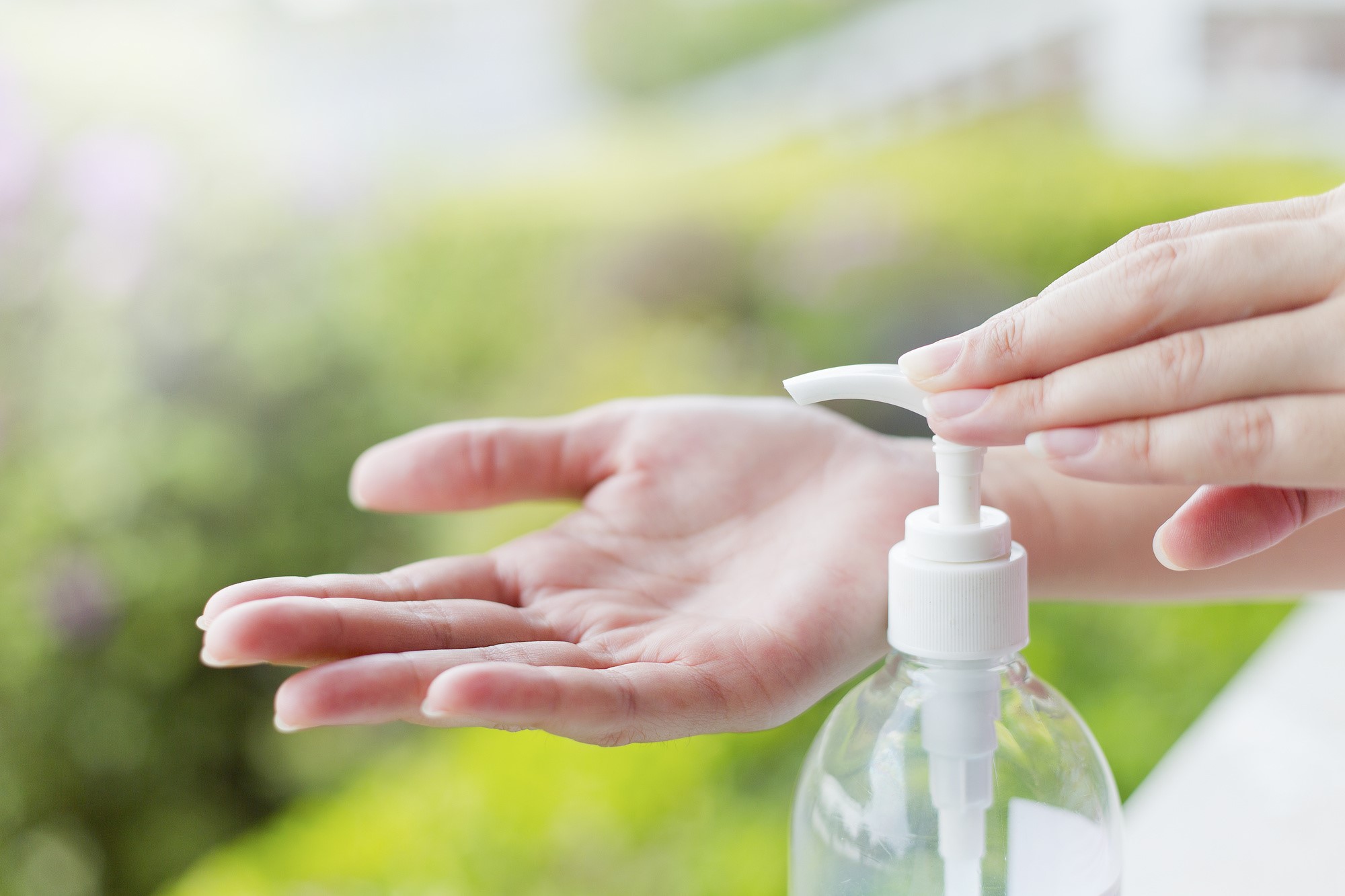 With over 106,000 cases of the coronavirus spreading across the world, it’s understandable why stores around America are running out of health supplies.
With over 106,000 cases of the coronavirus spreading across the world, it’s understandable why stores around America are running out of health supplies.
As people are trying to prepare, they’re rushing out to stock up on hand sanitizer, zinc lozenges, and other items that can help limit the spread. Since experts believe that washing your hands is one of the best ways to avoid the coronavirus, it’s almost impossible to find hand sanitizer that isn’t price gouged.
So, what should you do if you don’t have hand sanitizer for moments when you’re out and have no access to soap and warm water?
Keep reading to learn how to make your own hand sanitizer so you can stay healthy and happy.
Learning How to Make Hand Sanitizer Is Really Simple
Although it can feel alarming to not have access to supplies that can keep you safe, you don’t have to worry if all your local stores don’t have hand sanitizer in stock.
The good news is that making your own custom hand sanitizer couldn’t be easier.
The main ingredient in hand sanitizer is alcohol, which has been used as a sterilizing solution for decades. You can buy your own rubbing alcohol for a hand sanitizer recipe, just make sure it’s 99% isopropyl alcohol for maximum efficiency.
Applying rubbing alcohol to your hands is good enough to kill germs, but the consistency won’t be the same as store-bought hand sanitizer. To make the solution thicker, you can mix it with some aloe vera. The simplest recipe you can follow is to combine 2/3 of a cup of rubbing alcohol with 1/3 of a cup of aloe vera gel and store it in a container with a pump.
Using Drinking Alcohol Can Also Kill Germs
If you don’t have access to rubbing alcohol, you can find drinking alcohol that’s potent enough to kill the coronavirus and other germs on your hands.
It’s worth noting that the drinking alcohol has to be at least 180 proof to get the job done right. Since there aren’t many brands of drinking alcohol that are this strong, it’s best to get rubbing alcohol whenever possible.
Washing Your Hands Is Always Preferable
Hand sanitizer is convenient, but it shouldn’t be used to replace washing your hands altogether.
Try to limit your use of hand sanitizer to moments when you don’t have access to running water and soap.
Whether you’re trying to design engagement rings or eat in public, being more mindful of where your hands are at all times is important. This can also help you prevent touching your face after you’ve come in contact with surfaces that may be contaminated with germs.
Now You Know How to Make Your Own Hand Sanitizer!
If you follow this guide on how to make your own hand sanitizer, you can prevent the spread of the coronavirus and other germs that cause the cold and flu.
Do you want to learn other ways you can keep your health in top condition?
Explore our site to find more helpful tips and guides.